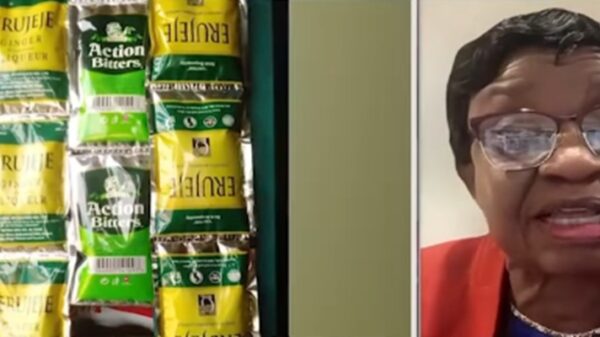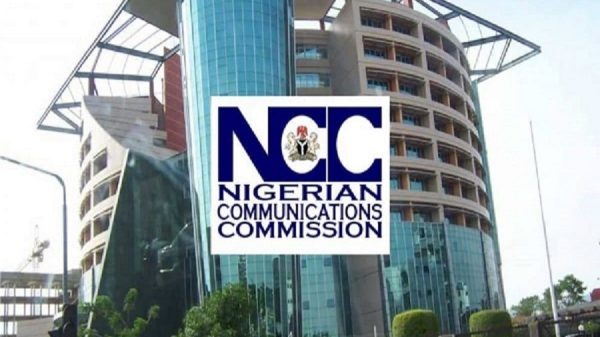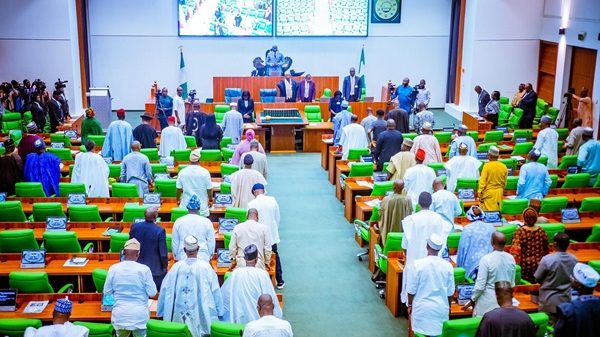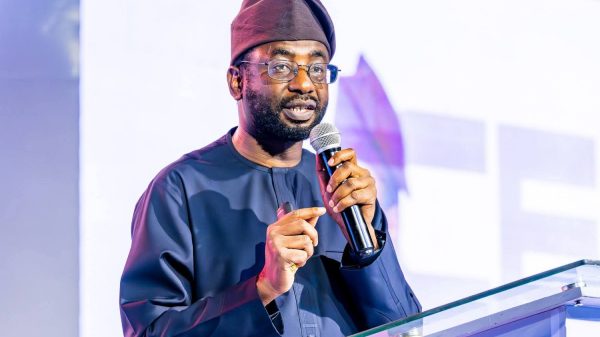In its efforts to curb the menace of substance abuse, the MTN Foundation, through the MTN Anti-Substance Abuse Programme (ASAP), recently convened a stakeholder conference in Lagos to address the pressing issue of substance abuse in Nigeria.
Present at the conference were the Hon. Commissioner for Youth and Social Development, Lagos State, Mr. Mobolaji Ogundele; Commander of Narcotics, National Drug Law Enforcement Agency, Lagos State Command, Abubakar Liman Wali; Chairman, MTN Foundation, Prince Julius Adelusi-Adeluyi (OFR), among other key stakeholders.
The MTN Anti-Substance Abuse Programme is a multi-stakeholder and sectoral behaviour change initiative aimed at reducing the rate of first-time substance abusers amongst young Nigerians aged between 10 and 25 years.
In his opening remarks, Prince Julius Adelusi-Adeluyi (OFR), Chairman, MTN Foundation, emphasized the strategic importance and significance of the ASAP initiative. “Five years ago, we examined the dire situation and concluded that something had to be done about the menace of substance abuse.
“We felt it was time to address the problem beyond boardroom speeches, leading to the birth of ASAP. Drug abuse is a global phenomenon, but every Nation must devise its own strategy to tackle its unique challenges.
“In Saudi Arabia, the approach is different; in America, in Asia, the responses vary. Nigeria must address its drug abuse problem independently.
“I am pleased with the Foundation for this initiative and especially thank our major partners, the NDLEA and the UNODC, for their unwavering support over the years.”
Substance abuse remains a significant challenge, exacerbated by the high unemployment rates in Nigeria. According to a report from the National Bureau of Statistics (NBC), Nigeria’s unemployment rate surged to 5.0 per cent in the third quarter of 2023 from 4.2 per cent in the previous quarter.
The report also adds that the labour force participation rate among the working-age population declined to 79.5 percent in Q3 compared to 80.4 percent in Q2.
This economic challenge fuels the prevalence of drug abuse, as many youths turn to substance use as an escape from their harsh realities. Studies indicate that approximately 14.4% of Nigerians aged 15 to 64 use drugs, which is nearly three times the global average. This alarming statistic underscores the urgency for comprehensive intervention strategies.
The Hon. Commissioner for Youth and Social Development, Lagos State, Mr. Mobolaji Ogundele, who represented the Executive Governor of Lagos State, Babajide Sanwo-Olu, highlighted the state’s commitment to tackling this issue. “In Lagos State, we have witnessed the devastating impact of drug abuse on families, communities, and the socio-economic fabric of our society.
“This is why I am pleased to join the Board, the management of MTN Foundation, and other stakeholders at the MTN Stakeholder Conference to mark the International Day Against Drug Abuse.
“The theme of this year’s commemoration, ‘Breaking the Cycle; Effective Strategies for Preventing Drug Abuse Among Nigeria’s Youth,’ is not just timely but imperative. It also resonates deeply with our administration’s vision to safeguard the future of our nation.
“I appreciate MTN Nigeria, who, through its MTN Foundation and in collaboration with stakeholders, launched the ASAP initiative. Thank you for aligning with our administration in our goal of building a greater Lagos.”
Commenting on the strategic partnership between the MTN Foundation and the Lagos State Government, Odunayo Sanya, Executive Director, MTN Foundation, stated, “We are grateful for our partnership with Lagos State. Lagos is unique; it is the economic nerve center of Nigeria, and initiatives implemented here have the potential to be replicated across the entire country. This collaboration allows us to work together on effective policies to combat substance abuse.”
The MTN ASAP stakeholder conference highlighted the importance of collective action and evidence-based strategies in combating substance abuse. The event underscored the necessity for increased investment in prevention efforts, advocating for collaborative approaches to tackle this multifaceted issue.
![]()




























































